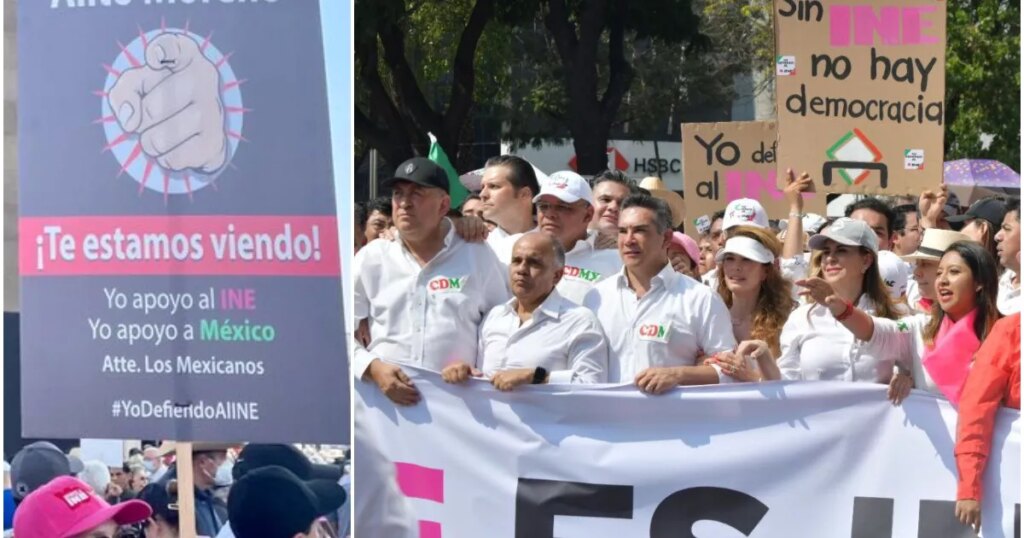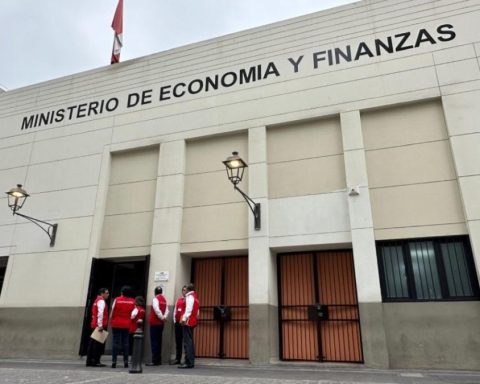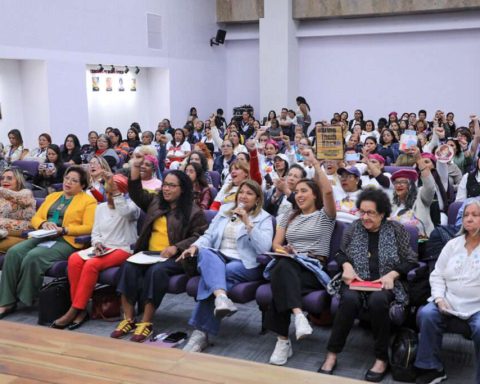The dictatorship of Daniel Ortega and Rosario Murillo obtained income of 90,961 million córdobas between January and September of this year, and was almost 581 million córdobas short of meeting – in just nine months – the annual goal of 91,542 million córdobas. cordobas, according to an analysis of CONFIDENTIAL to the Budget Execution Report as of September 2022, published by el Ministry of Finance and Public Credit (MHCP).
In the 2022 annual budget, the regime calculated that it would obtain income of 91,542 million córdobas, and that it would spend a total of 91,802 million, which generated a deficit of 259.7 million córdobas that they hoped to finance “through the external cooperation of donations and disbursements of concessional loans, as well as the placement of Republic Bonds from Nicaragua”.
In the end, the State was able to add 7058.9 million cordobas. Most of it (6,807.1 million) thanks to the always generous contribution of resources by international lenders and donors, which allowed raising the income budget to 91,802 million, and the expenditure budget to 98,861 million.
The almost 91,000 million córdobas entered into the state coffers in the first nine months of the year, implies an average income of 333.2 million córdobas for each of the 273 days between January 1 and September 30, or almost 41.7 million cordobas per hour.
The figure is close to 480 million per day, if it is only calculated among the 190 days actually worked by the State, excluding Saturdays, Sundays, holidays, and ‘bridges’, to round up some 59.9 million córdobas per hour in normal working hours.
Most of the collection was by IR
By type of tax, most of it was collected as Income Tax (IR), totaling 39,591 million córdobas; Another 19,674 million córdobas were for the Value Added Tax (VAT) to imports; 8,417 million cordobas more, from internal VAT; 5,070 million, from the selective consumption tax, and 5,182 million, from the combined tax on fuels.
Despite the enormous growth in income in the observed period, expenses did not grow in the same proportion, to the point that they reach a coverage of 123.5% of the total expense accrued. In comparison, it was 110.9% in the same period of 2021, and 99.0% in the same period of 2020, “which is the product of the dynamic increase in collection and the prudent management of public spending,” says the report.
It stands out that as of September, they had already transferred 1086.9 million córdobas to the Nicaraguan Institute of Social Security (INSS), with which 49 of the 50 installments of the historical debt of the State with the Institute have already been canceled.
Another item that has been fulfilled in an outstanding way, they highlight, is the payment of interest, commissions, and amortization of the external public debt, which has a programmed amount of 11,104 million córdobas, of which 8,444 million have been paid, to a compliance of 76.1%, with 4,170 million to CABEI; 2,417 million córdobas to the IDB, and 804.6 million to the World Bank.
CABEI and the remnant of Taiwan’s millions
The “external donations” received in the period total 527.8 million córdobas, where the 238.4 million assigned to the Ministry of Health stand out (189.8 million come from the Central American Bank for Economic Integration (CABEI), and 47.7 million from Taiwan); as well as the 94.2 million córdobas that are added to the National System for Disaster Prevention, Mitigation and Attention (Sinapred), of which 89.7 million cordobas come from remnants of Taiwanese donations.
The Ministry of Agriculture receives 43.2 million more, of which 35.2 million are for the Nicaraguan Institute of Agricultural Technology (INTA), donated by the World Food Program (WFP), plus another 8 million donated by Taiwanwhile the National Police receives 33.7 million from another Taiwanese donation that was waiting to be delivered.
This item is complemented by the 49.2 million córdobas of the CABEI delivered to the Institute of Urban and Rural Housing (Invur); the 25.1 million for the Ministry of Finance and Public Credit, of which almost two thirds come from the European Union; and the 13.7 million, added to the National Institute of Development Information (Inide).
For its part, more than half (54.5%) of the 6,279.3 million córdobas disbursed as loans were allocated to the Ministry of Transport and Infrastructure, and more than a third (36.6%) were assigned to the Ministry of Finance and Public Credit.
CABEI is the largest provider of loans delivered to the Ministry of Transportation, with 3,257.1 million córdobas for the improvement and rehabilitation of highways; plus 98.5 million from the World Bank for rural and urban access; 70.3 million of the IDB for road integration programs, and 23.3 million from OPEC, for a rural road development project.
In the case of the Treasury, more than half of the additional 2,296.6 million córdobas come from CABEI; 466.4 million from the International Monetary Fund, 326.5 million from the IDB, 298.6 million from the World Bank.
In addition, 197.0 million córdobas are allocated to the Emergency Social Investment Fund; 150.7 million to the Housing Institute, Urban and Rural, and 137.5 million for Property Management.
The National Police also benefited from the incorporation of 57.7 million córdobas, whose source is Income with a Specific Destination, from the category of seized, forfeited and abandoned assets.
















